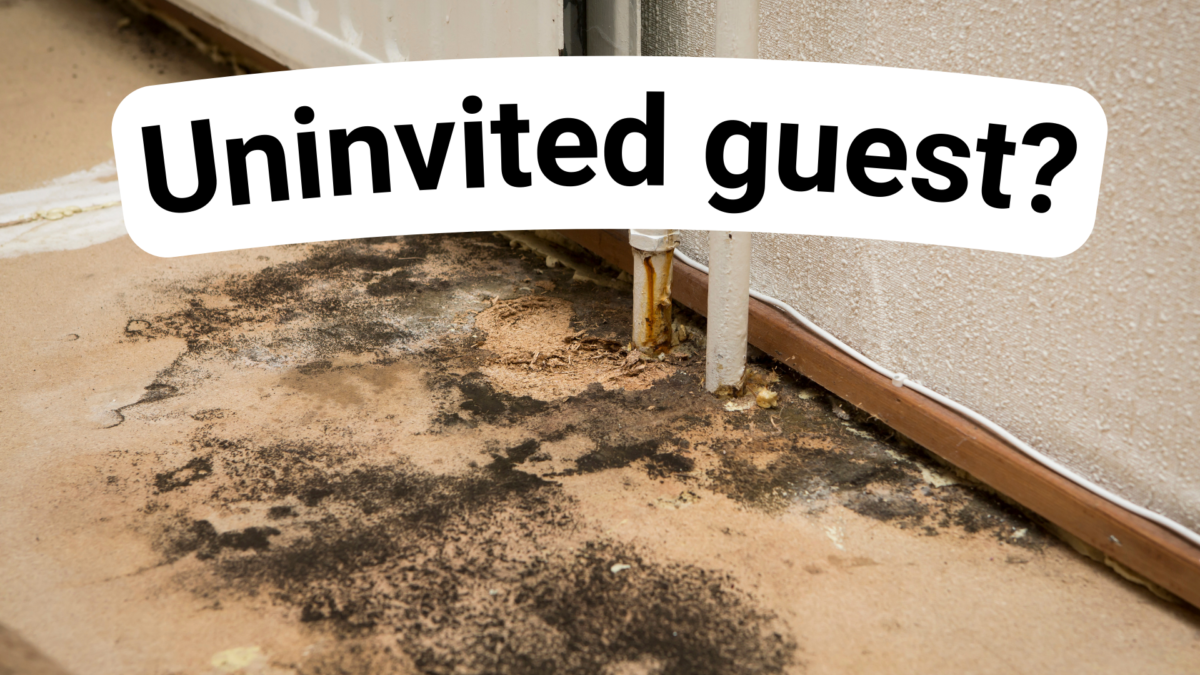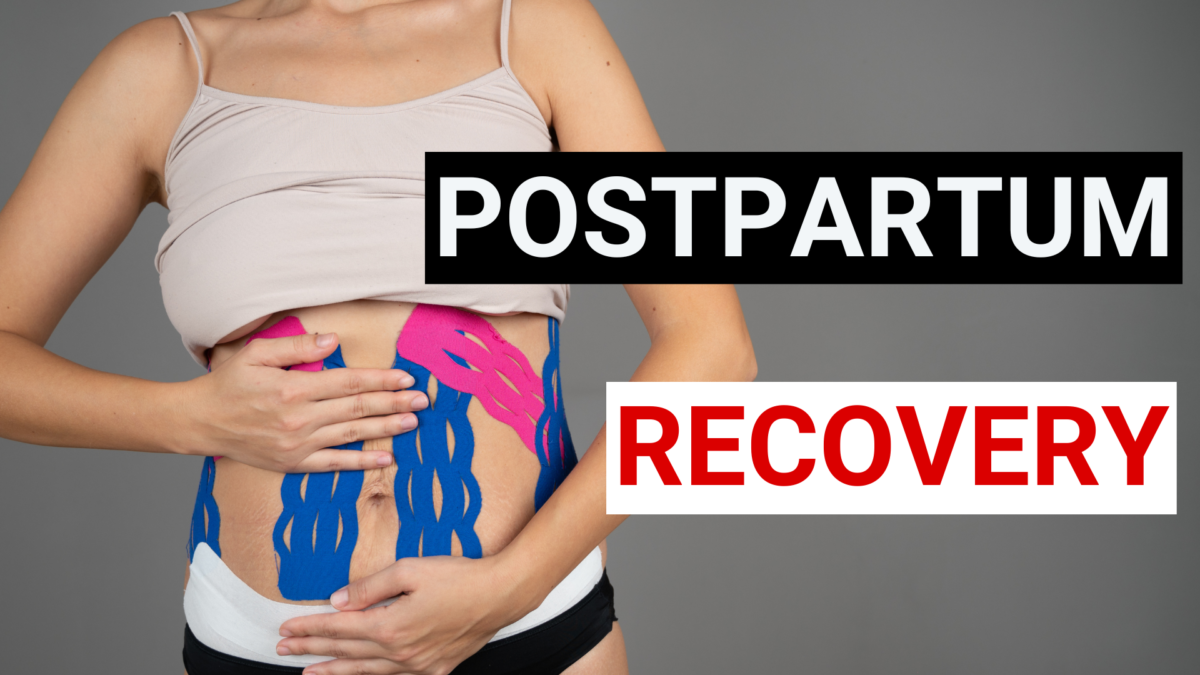Have you ever noticed a musty odor in your home or seen suspicious black spots on the walls? That might be mold, a fungus that can silently wreak havoc on your health and happiness. While mold plays a vital role outdoors, its indoor presence is unwelcome and potentially harmful. I recently had the pleasure of interviewing Jason Earl from gotmold.com, a mold detection and remediation specialist. Jason is a fount of knowledge on all things mold and is highly enthusiastic about this often misunderstood potential health problem. In this post, I’ll shed light on this often misunderstood “guest,” exploring its impact on your well-being and home and equipping you with the knowledge to keep it at bay.
Mold: Nature’s Decomposer
Imagine mold as a tiny, tenacious scavenger, breaking down organic matter in the soil. This natural process is crucial for our planet’s health. However, when this scavenger finds its way indoors, it transforms into an intruder, thriving in damp environments and releasing its microscopic spores into the air we breathe. These spores, along with mycotoxins and volatile organic compounds, can trigger various health problems, from respiratory issues like allergies and asthma to headaches, fatigue, and even chronic inflammation.
Identifying Mold in Your Home
Don’t wait for serious health concerns to sound the alarm. Be a detective! Watch out for:
- Visible mold growth: Black spots, greenish patches, or fuzzy discoloration on walls, ceilings, or furniture.
- Musty odors: A persistent damp smell is a red flag.
- Mysterious health issues: Symptoms that improve when you leave home, like respiratory problems or sleep disturbances, could indicate mold exposure.
- Excess moisture: Damp areas, leaks, condensation, or poor ventilation invite mold to settle in.
Tackling Mold Issues Head-On
If you suspect mold, don’t panic! Take action:
Mold needs two things to live: a food source and water, so here’s how to get rid of it.
- Identify and fix the moisture source: Leaks, poor drainage, or inadequate ventilation need immediate attention.
- Consult certified mold remediation professionals: They can assess the situation and safely remove contaminated materials.
- Clean non-porous surfaces: Scrub hard surfaces like wood, metal, and plastic with appropriate cleaning solutions.
- Be mindful of your food: Choose organic, locally sourced food to minimize exposure to mold and mycotoxins.
If you have a water leak, you must take action quickly, ideally within the first 24 hours.
Prevention is the Best Policy: Keeping Mold at Bay
Remember, an ounce of prevention is worth a pound of cure! Here are some tips:
- Maintain proper ventilation: Open windows and doors regularly to allow fresh air to circulate.
- Control humidity levels: Keep indoor humidity below 50% to discourage mold growth.
- Address leaks and water damage promptly: Don’t give mold a breeding ground.
- Regularly inspect for mold: Check attics, basements, bathrooms, and kitchens often.
Jason and I also talked about mold on our food; I had heard about this but still needed to understand it fully. You see, food can be a significant source of mold exposure, as imported foods often contain mold and mycotoxins due to the length of time they are transported. This is especially true for grains, spices, nuts, and conventional meats. Mold and mycotoxins in food can have cumulative effects on your health and may contribute to various symptoms and conditions. Understanding more about the source of your food and learning how to store food properly by keeping dry goods in airtight containers and promptly discarding moldy food is a great start.
Although mold is as old as the earth itself, when it’s in the wrong place, it really can be a menace, but with knowledge and proactive measures, you can reclaim your home and safeguard your health. So, open the windows, let the sunshine in, watch what you eat, and say goodbye to mold.
To listen to or watch the full episode with Jason, go here:


